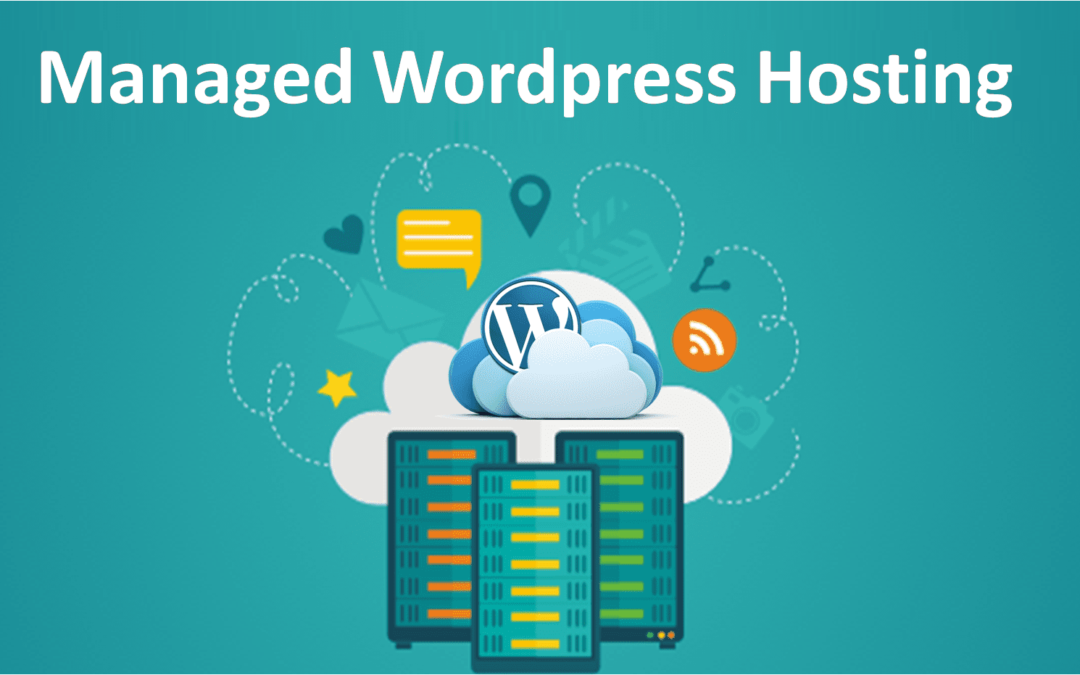In today’s digital age, website security is paramount for businesses, organizations, and individuals alike. With cyberattacks becoming increasingly sophisticated and frequent, ensuring the security of your website has become a critical component of maintaining a successful online presence. A strong WordPress website hosting & management services in Pittsburgh can ensure such security to your website.
In this blog post, we will discuss best practices for protecting your website hosting that comprises several constructive actions. By following these practices, you can safeguard your website from potential threats and ensure that your visitors can browse your website with peace of mind.
6 practices to secure your web hosting and website
Here is a brief discussion on choosing a secure hosting provider, keeping your software up-to-date, using strong passwords, enabling HTTPS, backing up your website regularly, and protecting against malware and viruses.
Choose a Secure Hosting Provider
Choosing a secure hosting provider is essential to ensuring your website’s security. A secure hosting provider will protect your website from cyberattacks and data breaches. When selecting a hosting provider, look for features such as strong firewalls, regular software updates, and SSL certificates. Examples of secure hosting providers who offer WordPress website hosting & management services in Pittsburgh include Bluehost, SiteGround, and WP Engine.
Keep Your Software Up-to-Date
Keeping your software up-to-date is crucial for website security. Outdated software is vulnerable to cyberattacks, making it easier for hackers to gain access to your website. Some of the software that needs to be regularly updated includes your content management system (CMS), plugins, and themes. To keep your software up-to-date, enable automatic updates or set up a reminder to check for updates regularly.
Use Strong Passwords
Using strong passwords is essential for website security. Weak passwords make it easy for hackers to gain access to your website and compromise sensitive information. When creating a password, use a combination of letters, numbers, and symbols. Using a password manager can help you create and store strong passwords securely. Therefore, one must choose the best WordPress website management plans in Pittsburgh.
Enable HTTPS
HTTPS (Hypertext Transfer Protocol Secure) is a protocol that encrypts the data exchanged between a website and its users. Enabling HTTPS on your website ensures that user data is secure and protected from cyberattacks. Obtain an SSL certificate and install it on your website to enable HTTPS. Using a Content Delivery Network (CDN) can also improve website performance and security.
Backup Your Website Regularly
Regularly backing up your website is essential in case of a cyberattack or website failure. Backing up your website ensures that you have a recent copy of your website that can be easily restored. To back up your website, use a backup service or plugin. Make sure to store your backups securely to prevent data loss. WordPress website hosting & management services in Pittsburgh include backing up your website regularly.
Protect Against Malware and Viruses
Malware and viruses pose a significant threat to website security. Protecting your website against malware and viruses is crucial to prevent data breaches and website failure. Use a security plugin to protect against malware and viruses and regularly scan your website for malware. It is also important to keep your software up-to-date to prevent vulnerabilities that hackers can exploit.
Conclusion
In conclusion, website security is a critical aspect of maintaining a successful online presence. To ensure the security of your website, you should choose a secure hosting provider, keep your software up-to-date, use strong passwords, enable HTTPS, back up your website regularly, and protect against malware and viruses. By following these best practices, you can protect your website from cyber threats and keep your visitors safe. Thus, choose the leading WordPress website hosting & management services in Pittsburgh to ensure the security of your web hosting.


Recent Comments